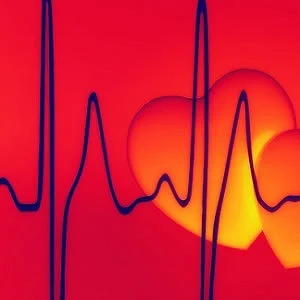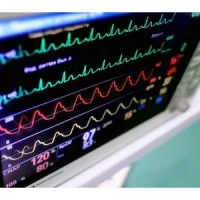The AF-SCREEN International Collaboration say that screening of asymptomatic atrial fibrillation (AF) in people 65 years and older and treating it with anticoagulant medications could help reduce the risk of stroke and premature death. The recommendations are published in Circulation, the Journal of the American Heart Association.
See Also: 5 Tests for Better Heart-Disease Risk Prediction
Approximately 10% of ischaemic strokes are a result of AF that is first detected at the time of stroke. This is unfortunate especially because asymptomatic AF can easily be detected by either taking the pulse or by using handheld ECGs. This could be easily achieved through widespread screening but as Ben Freedman, Professor of Cardiology at Concord Hospital highlights, this practice is not widely recommended in guidelines. Earlier research conducted by Prof. Freedman also shows a double risk of stroke and premature death due to previously undetected asymptomatic AF.
"There is also good evidence that finding asymptomatic AF before symptoms develop, and treating it with oral
anticoagulants and other therapies, could greatly reduce the increased risk of stroke, and partially reverse the
increased risk of associated death," he says.
Prof. Freedman and his colleagues have also published evidence that shows that AF can be detected quite easily and accurately through ECG using a hand-held device attached to an iPhone. This device can diagnose AF in only 30 seconds. Therefore, with such easy ways already available to detect AF, it is obvious that widespread screening of AF can be implemented and could help screen for this abnormality, especially in the older people of our community.
Source: University of Sydney
Image Credit: Pixabay
Latest Articles
Stroke, asymptomatic atrial fibrillation, anticoagulant medications, premature death
The AF-SCREEN International Collaboration say that screening from asymptomatic atrial fibrillation (AF) in people 65 years and older and treating it with anticoagulant medications could help reduce the risk of stroke and premature death










